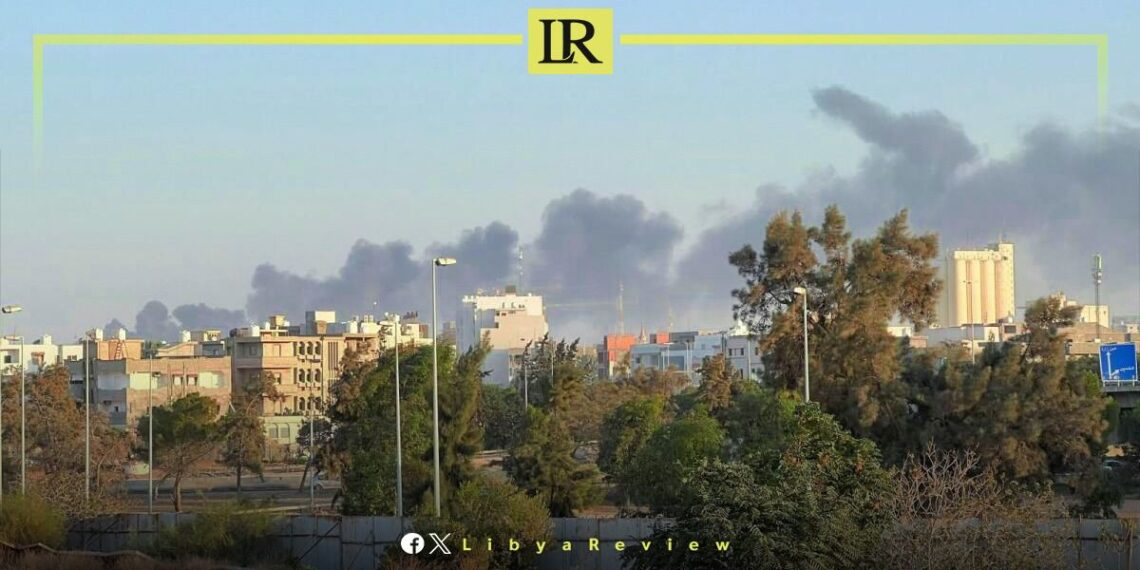Amidst Libya’s ongoing environmental challenges, air pollution has emerged as a top priority. Fares Fathi, the official in charge of air pollution monitoring stations in Libya and a professor of Earth Sciences at the University of Benghazi, reveals that Libya has ranked 20th globally in the 2023 most polluted cities index.
With Libya joining the global air quality measurement platform for the first time, Fathi expects this inclusion to positively impact the country’s air quality. He points out that air pollution monitoring stations in Libyan cities such as Tripoli, Benghazi, and others have provided accurate readings that help in understanding the situation more deeply.
However, Fathi discusses future challenges, noting that air quality in Libya is generally classified as unhealthy. He attributes this pollution to the lack of attention to sustainable development and vegetation cover, emphasizing the need for more effective environmental policies.
Fathi underscores the urgent necessity to address the pollution issue, citing that the delay in tackling environmental concerns in Libya has been due to a lack of data on pollution levels. Referring to the general average set by the Global Air Quality Index, he highlights that air pollution in Libya is considered unhealthy, necessitating immediate action to improve the situation.
Libya has been in chaos since a NATO-backed uprising toppled longtime leader Muammar Gaddafi in 2011. The county has for years been split between rival administrations.
Libya’s economy, heavily reliant on oil, has suffered due to the ongoing conflict. The instability has led to fluctuations in oil production and prices, impacting the global oil market and Libya’s economy.
The conflict has led to a significant humanitarian crisis in Libya, with thousands of people killed, and many more displaced. Migrants and refugees using Libya as a transit point to Europe have also faced dire conditions.
The planned elections for December 2021 were delayed due to disagreements over election laws and the eligibility of certain candidates. This delay has raised concerns about the feasibility of a peaceful political transition.
Despite the ceasefire, security remains a significant concern with sporadic fighting and the presence of mercenaries and foreign fighters. The unification of the military and the removal of foreign forces are crucial challenges.


